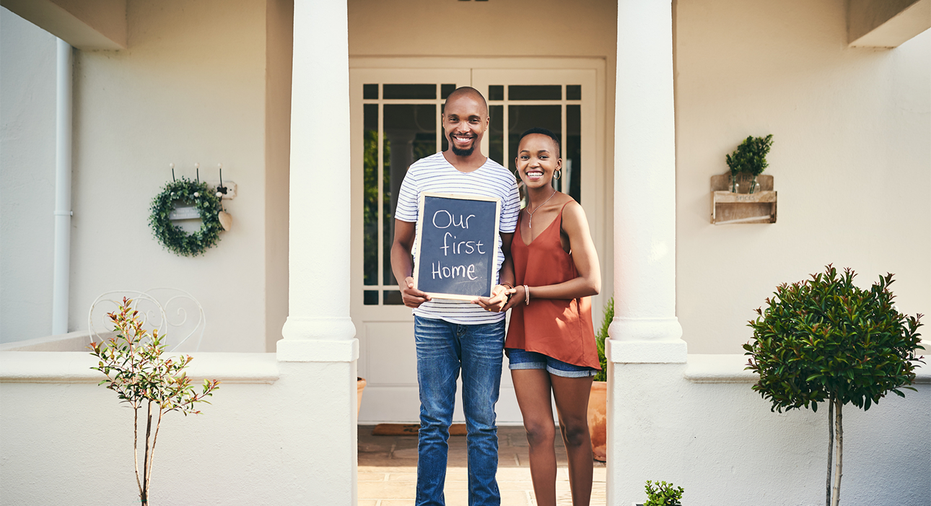
First-time homebuyers in South Africa are feeling the pinch of high interest rates and a downbeat economy, opting to rather put their dreams of owning a home on hold than face the higher cost of entry into the market.
This is according to the latest quarterly report from bond originator ooba, which noted a decline in the number of first-time buyers in the third quarter of the year.
According to the group’s Q3 oobarometer, applications from the more interest-rate sensitive first-time homebuyer have reduced from 54% of total applications in Q3 2020 to only 48% of all applications processed by ooba during Q3 2023.
“This indicates that, at present, first-time homebuyers in this market segment who are challenged with affordability constraints are placing their homebuying plans on hold,” the group said.
While overall first-time buyer activity has slowed, the group noted that there are still pockets where this market segment comes out on top.
“First-time homebuyers do still make up over half of the applications received in the Free State, KwaZulu Natal, Mpumalanga and Gauteng South and East Rand – a clear sign that they’re still keen to get a foot on the property ladder,” it said.
The first-time buyer market is also seeing an upward trend in spending – specifically, those first-time homebuyers who are buying are spending more.
The average purchase price has increased year-on-year – up from R1,087,089 in Q3 2022 to R1,116,672 in Q3 2023.
Ooba Home Loan’s data also shows that first-time homebuyers are getting older – now at 36, up from 35 in Q3 2022.
“This figure comes as no surprise. Homebuyers who continue to prioritise their financial wellbeing may take longer to enter the property market as they continue saving to build up a healthy deposit,” the group said.
The first-time homebuyer market is also reflective of trends in the wider property market.
The same high-interest-rate environment that is keeping first-time buyers on hold is also pushing other buyers to pay bigger deposits in a bid to take the edge off higher bond interest costs.
The average deposit for Q3 2023 was recorded at 9.7% of the purchase price (R137,891) – up by 6.6% year-on-year from Q3 2022 to Q3 2023.
The first-time homebuyers’ segment also recorded a major increase in deposits – up a staggering 25.9% year-on-year from Q3 2022 to Q3 2023, now at R114,323 – 10.2% of the average purchase price.
The good news for buyers is that the big banks are still lending competitively, ooba said.
‘With an average rate below prime, (this) paints a positive outlook for the property sector at the peak of the interest rate cycle,” the group said.
The average interest rate awarded to ooba customers in Q3 2023 was recorded at 14 basis points cheaper than Q3 2022 – now at -0.44% below prime.
In addition, the average bank approval rate for ooba Home Loan applicants continues to hold steady at 82.9% for Q3 2023 – marginally lower than the 83.6% recorded in Q3 2022.
“This should assist buying activity in the market – particularly among homebuyers with a good credit score and a deposit-backed application,” it said.